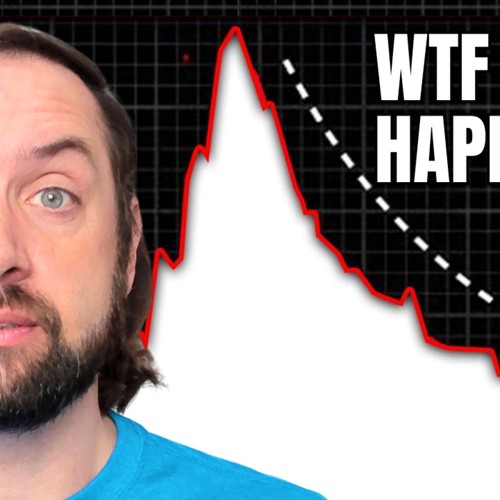
 Eurodollar University
Eurodollar University Breaking: The Car Market Bubble Is COLLAPSING
Dec 31, 2024
The auto industry faces a storm as Chicago's market plunge raises alarms. Widespread layoffs and plant closures signal deep economic distress. With falling demand for cars, automakers struggle to adjust amidst lingering pandemic effects. The overcapacity crisis reflects broader recession fears, leaving manufacturers in a precarious position. In this climate, even major players like Honda wrestle with strategic decisions, highlighting the tumultuous shifts within the industry.
Chapters
Transcript
Episode notes
